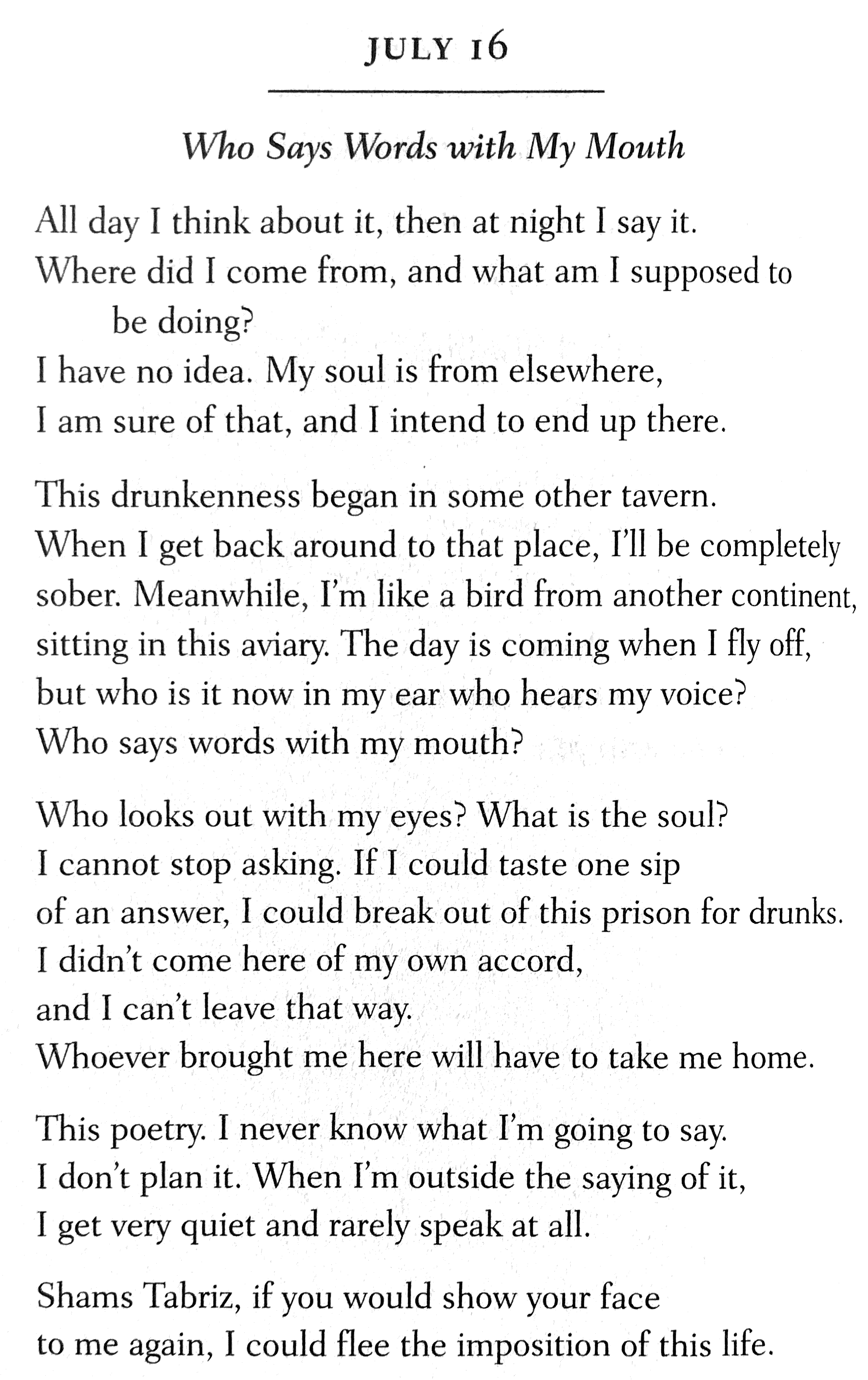Hard Labor In The Head
/Like a magic mirror of another “act:”
a lion to the onlooking cat, I wondered:
is writing a distraction I put
in the way of my studies?
Note: I wrote this after reading a Rumi poem. I realized I was working at it, striving to understand what he really meant, trying to piece the puzzle together, reading line by line, backtracking to make connections, and truly “get it.” I had a little epiphany at that moment. I remembered working hard at reading textbooks in school or for personal interest on many occasions. I takes mental work to truly understand some things. I realized that I haven’t really worked that muscle in a while and was struck by the effort of making connections and threading together a deeper meaning from the words on the page. As I started writing this, I realized that the form matched the message of the content. So, I decided to post it as a challenge to see who “gets it.”
Understanding a Rumi poem
with my heart is easy because
he speaks to that in me.
But to strive to understand
as one light touches another
is like learning Chinese.
You have to work at it.
The real labor of working your mind
is like exercise: it’s a lot easier
if you love it. But if you always
do the easy thing, you lose
the habit of mental work.
Same if you tether your work-mind
to one type of challenge, like
everyday problem-solving,
and neglect the next lesson
in your study with life. Or if you
wrap your inner voice around
moralizing: that’s probably 60%
right there. Just like I am doing
right now in this writing.
Or is it problem-solving?
I wrote the answer between the lines
so that’s how you’ll have to read it
to understand what I mean.
From Daily Readings of “a Year With Rumi;” translations by Coleman Banks
What studies does the author imply he uses writing as a distraction from?
Could the content of the writing be considered “moralizing” in the way the author describes it? How so? Could the content be an exercise in "everyday problem-solving?” If so, what problem is it an attempt to solve? Is it both? How so?
What message or idea has the author put “between the lines?”
What do you, dear reader, get by reading “between the lines?”
© Nick LeForce
All Rights Reserved
Please share your thoughts and comments below.








